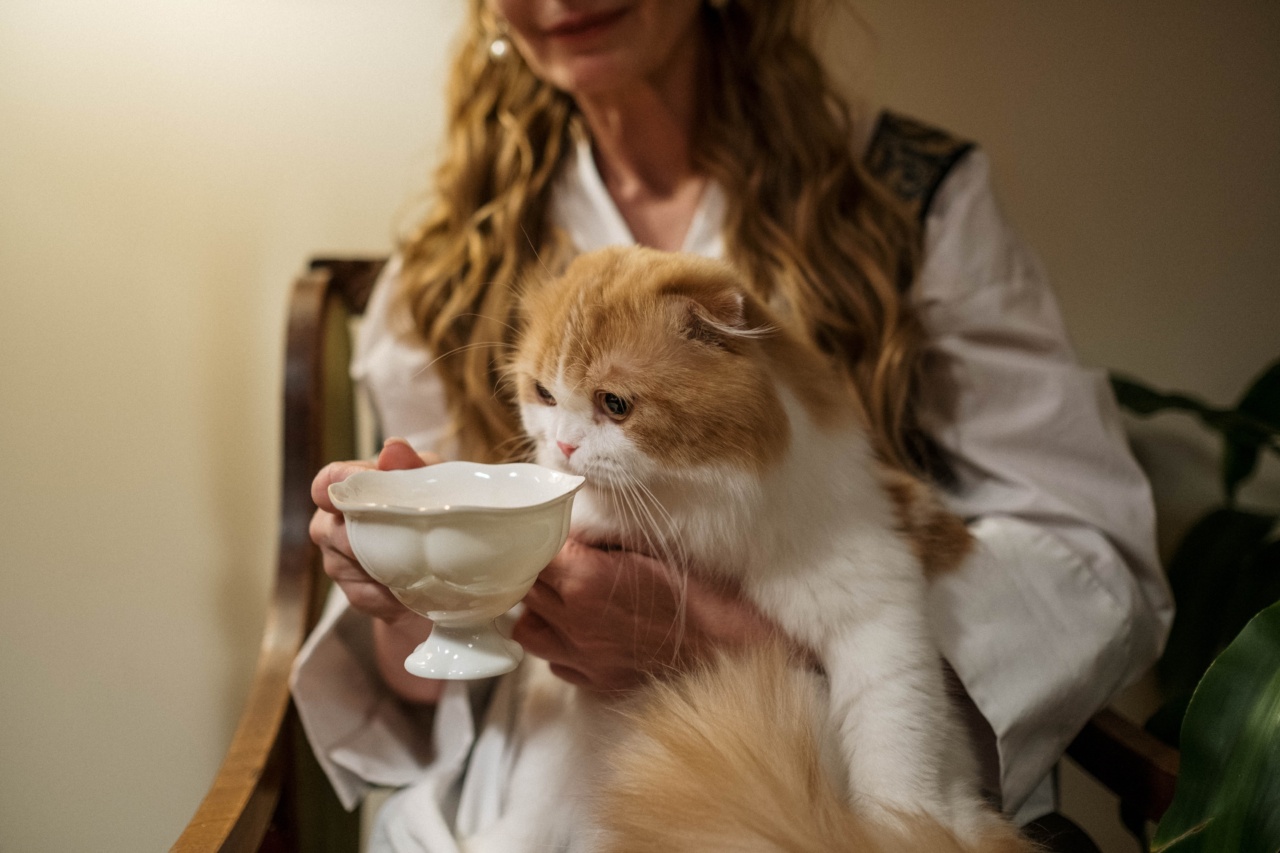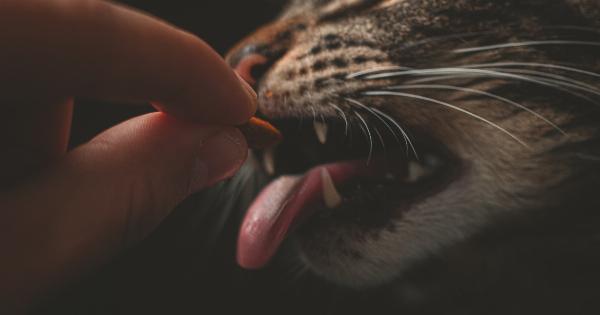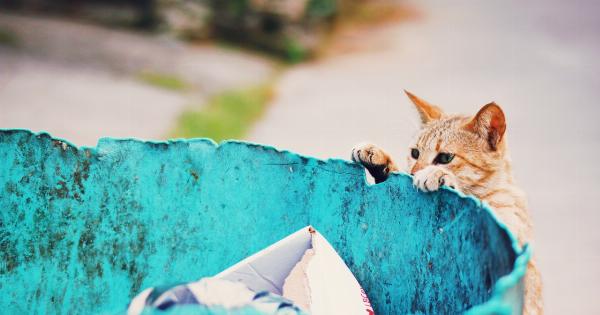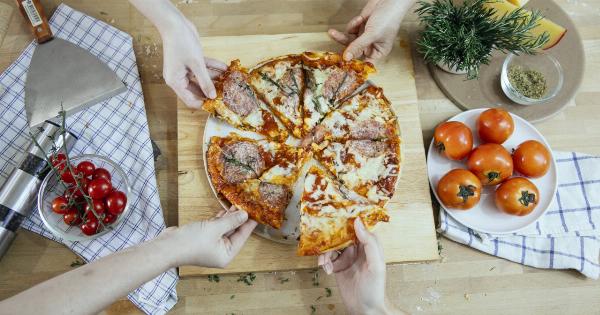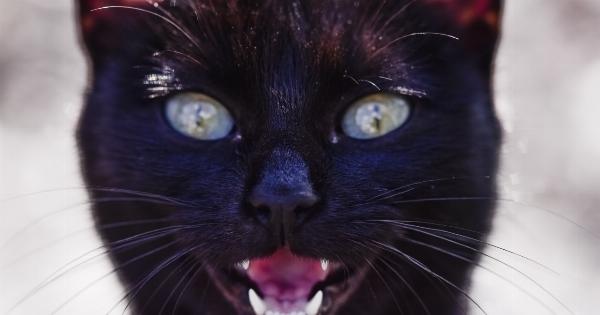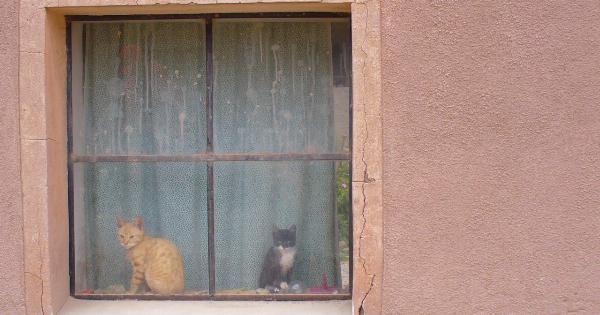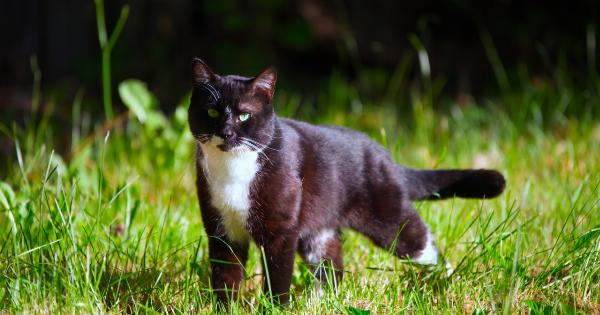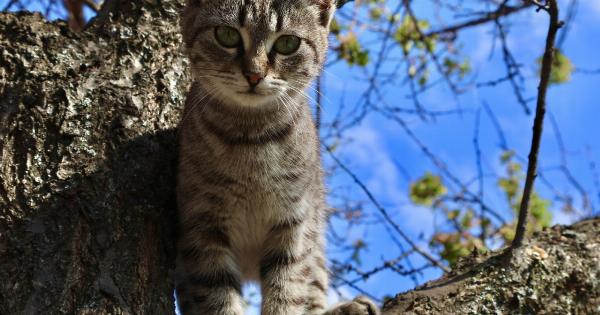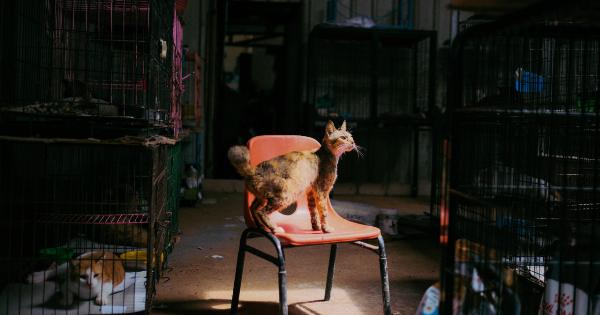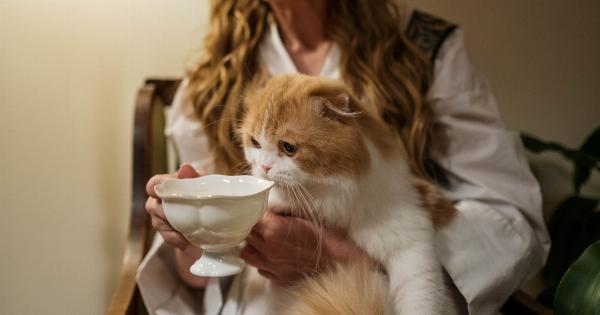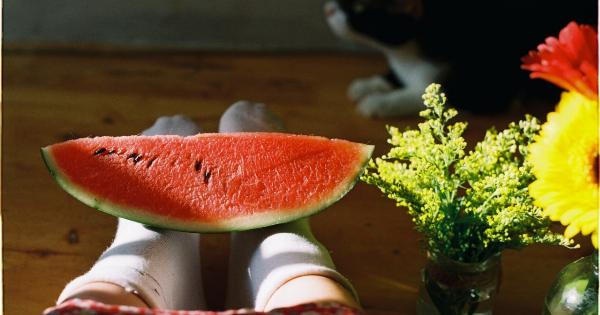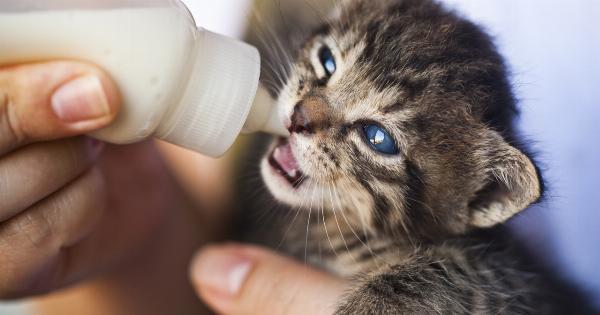As cat owners, it is our responsibility to provide our feline friends with a healthy and balanced diet. Feeding your cat a proper diet can help them maintain a healthy weight, strong immune system, and a shiny coat.
What to Feed
1. High-Quality Wet or Dry Food
A high-quality brand of cat food is essential to your cat’s health. Look for dry or wet cat food that lists a high-quality source of protein as the first ingredient. Make sure that the cat food does not contain any fillers like corn, wheat, or soy.
A high-quality diet that meets the nutritional needs of your cat can help keep your cat healthy and happy.
2. Fresh or Cooked Meat
Meat should be a staple in your cat’s diet as they are obligate carnivores. This means that they rely heavily on protein to meet their nutritional needs.
You can feed your cat small amounts of fresh or cooked meat, such as chicken, turkey, beef or fish, as part of their daily diet.
3. Treats
If you want to give your cat treats, make sure they are high-quality and do not make up a large part of their diet.
Treats should be used sparingly and given in moderation, as many treats are high in calories, carbohydrates, and sodium, which can lead to obesity, diabetes, and other health problems.
What to Avoid
1. Foods High in Carbohydrates
Cats do not need carbohydrates in their diet and cannot digest them as efficiently as dogs. Avoid feeding your cat foods high in carbohydrates, such as grains, corn, or wheat, as they can cause digestive problems, weight gain, and other health issues.
2. Foods High in Sodium
High levels of sodium can lead to dehydration, high blood pressure, and other health problems, so it’s important to avoid feeding your cat foods that are high in salt.
Avoid giving your cat any table scraps or processed foods that are high in sodium, such as smoked meat, canned soup, or processed cheese.
3. Raw Food
Feeding your cat raw food can be dangerous as it can contain harmful bacteria or parasites that can make your cat sick. Also, uncooked meat can contain harmful bacteria such as Salmonella or E.coli which can be passed to you and your family.
4. Milk and Dairy Products
Cats are lactose intolerant, just like many humans, and consuming milk and dairy products can cause digestive problems, vomiting, and diarrhea. Avoid feeding your cat milk or dairy products, such as cheese or yogurt.
: Conclusion
Providing your furry friend with a balanced, nutritious diet is key to his or her well-being. When in doubt, you can always consult with your veterinarian to determine the best diet for your cat.
Remember to offer fresh water at all times and avoid offering cat food that is past its expiration date. A healthy diet can lead to a healthy life for your feline companion.
